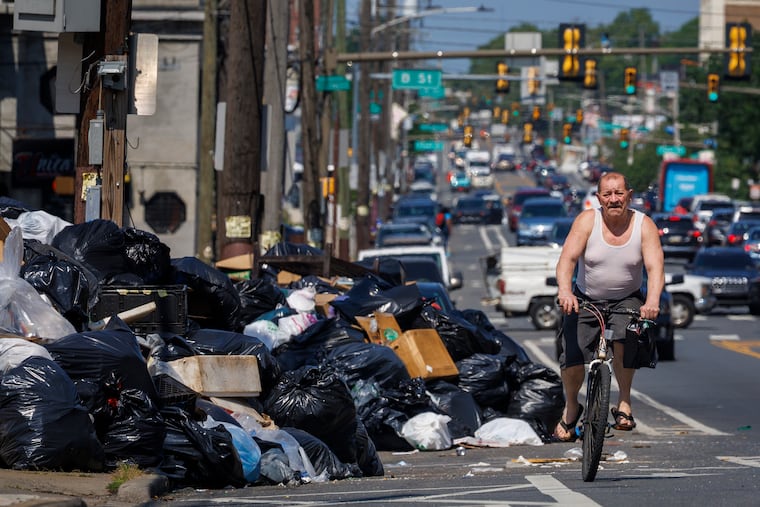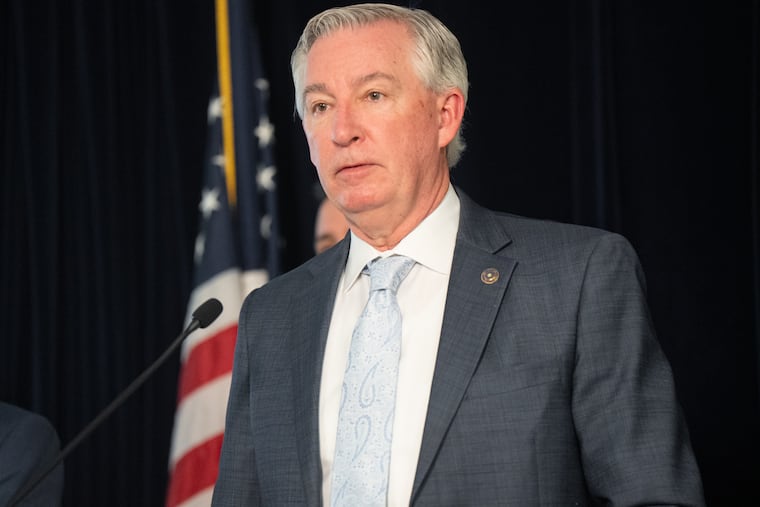Philadelphia city worker strike concludes as Mayor Cherelle Parker reaches agreement with AFSCME District Council 33.
Philadelphia’s recent public worker strike, marking the first of its kind in the city since 1986, has concluded after eight days and four hours of work stoppage. The resolution was reached early Wednesday morning when Mayor Cherelle L. Parker and Greg Boulware, the president of the American Federation of State, County and Municipal Employees District Council 33, finalized a new contract agreement.
The new contract affects approximately 9,000 members of the union, including essential personnel such as trash collectors, street pavers, and 911 dispatchers, who are set to return to work immediately. The negotiated agreement includes a three-year contract that stipulates annual raises of 3%, aligning closely with Parker’s earlier proposals, yet falling short of Boulware’s demand for 5% increases. Under the new terms, a fifth step will be added to the union pay scale, which could provide an additional boost of around 2% to veteran DC 33 members’ wages.
This contract will be implemented retroactively from July 1. Previously, Parker’s administration estimated that a similar agreement would incur a cost of 5 million to the city over a three-year period. The finalized agreement is expected to exceed this figure slightly.
While the strike’s conclusion was welcomed, Boulware expressed dissatisfaction, noting that “nobody’s happy.” Negotiations were complicated by the union’s requests for higher city contributions to healthcare benefits and modifications to residency requirements for employees. Ultimately, the agreement did not significantly alter the city’s contributions or residency stipulations.
The negotiations between the city administration and the union had been contentious, characterized by public exchanges of grievances. Parker maintained her stance for a fiscally responsible contract while facing criticism and opposition from within the labor community. The mayor’s plans to “clean and green” the city were notably strained during this period, evidencing the stark challenges faced by her administration in maintaining relations with city workers.
Over the course of the strike, public facilities were affected, leading to some service interruptions, including the temporary closure of public pools and restricted hours at recreation centers. The city’s response involved the hiring of private companies to manage sanitation services amidst the strike, a move that may leave lasting impacts on relations with organized labor.
As negotiations continue with other municipal unions, including AFSCME District Council 47 and public safety unions, any potential drama appears minimal. However, the remaining conversations will likely mold the future of labor relations in Philadelphia, particularly in light of the recent strike’s dynamics and outcomes.
This story remains fluid, and future updates are anticipated.







